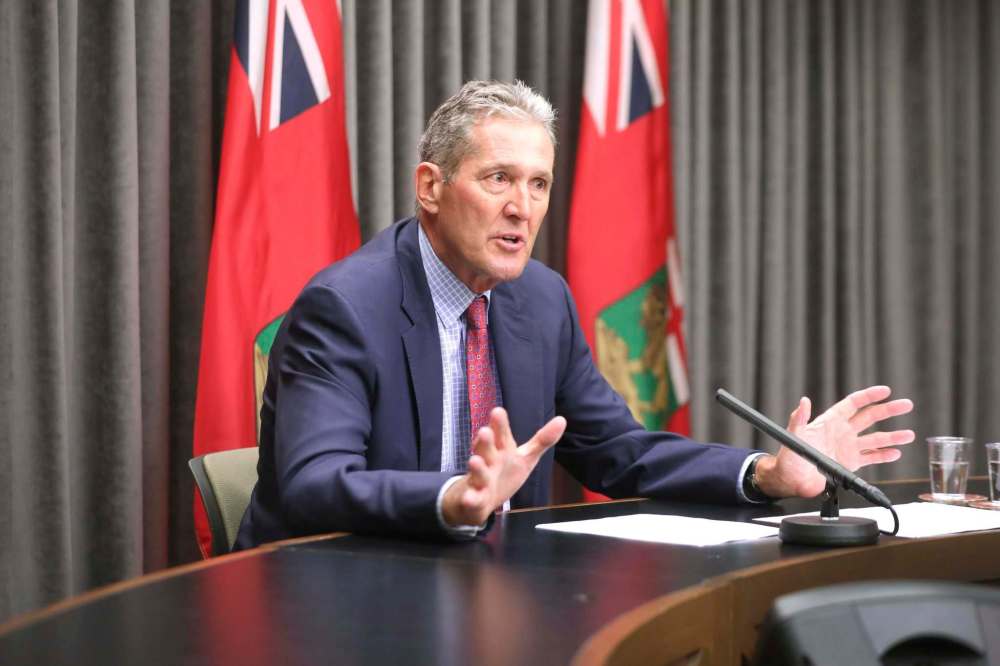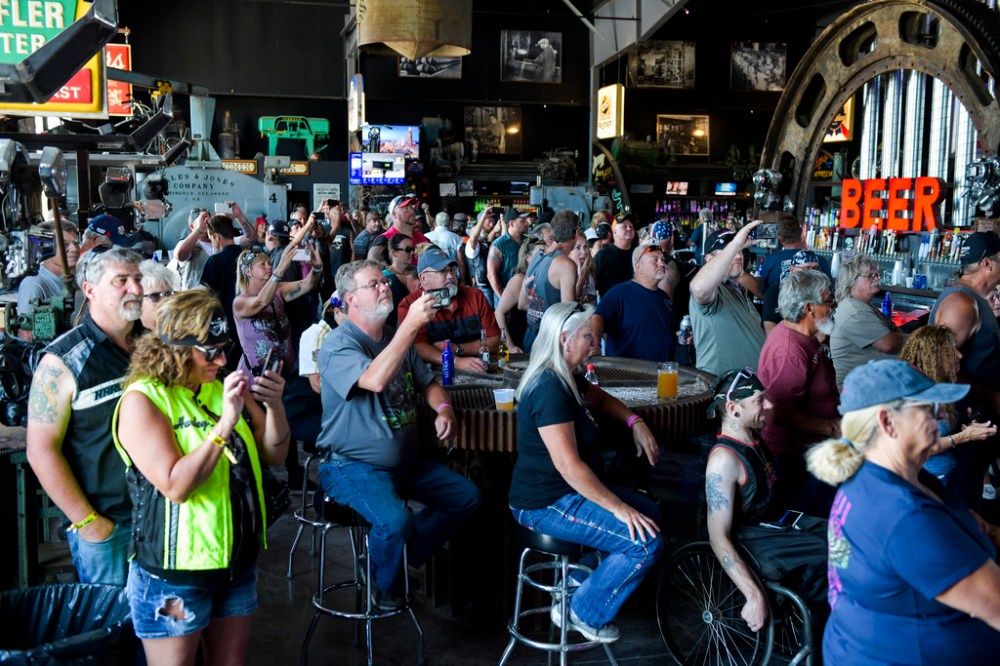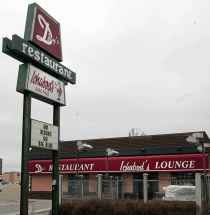We can do more; why aren’t we?
Read this article for free:
or
Already have an account? Log in here »
To continue reading, please subscribe:
Monthly Digital Subscription
$19 $0 for the first 4 weeks*
- Enjoy unlimited reading on winnipegfreepress.com
- Read the E-Edition, our digital replica newspaper
- Access News Break, our award-winning app
- Play interactive puzzles
*No charge for 4 weeks then billed as $19 every four weeks (new subscribers and qualified returning subscribers only). Cancel anytime.
Read unlimited articles for free today:
or
Already have an account? Log in here »
Hey there, time traveller!
This article was published 24/09/2020 (1309 days ago), so information in it may no longer be current.
When the news broke Friday afternoon Winnipeg and surrounding areas had been upgraded to a “code orange” COVID-19 threat assessment, with all of the added restrictions it implies, there was one question left hanging in the air.
If we had done more — just a wee bit more — in the lead-up, could we have avoided the designation altogether?
Although code orange is not nearly as restrictive as code red — which requires a near-complete shutdown of public spaces and non-essential businesses — it still has an impact on the city and its bedroom communities.
Starting Monday, and for the next month, face masks are now mandatory in all indoor public places, and gatherings (indoors and outdoors) are limited to 10 people. Existing capacity limits for schools, child care, retail, museums, bars/restaurants, theatres and casinos remain the same, but could be curtailed under this level of threat assessment.
While nothing is being closed, the cap on gatherings will certainly disappoint people who might have planned get-togethers around Thanksgiving weekend in October, or momentous events such as funerals and weddings. Further restrictions, which might impact non-essential businesses, are possible under code orange.
In other words, it’s not nearly as painful as it was in the spring — but it’s still going to sting.
Meanwhile, it wasn’t clear Friday why Manitoba hadn’t done more the past few weeks to avoid such restrictions.
Premier Brian Pallister’s government has consistently refused to issue a broad order mandating the use of face masks indoors — a strategy infectious disease experts believe is the single most effective tool to control the spread of the novel coronavirus.
The reluctance is even more curious when you consider so many places already unofficially require mask use, including City of Winnipeg facilities and Winnipeg Transit. Ikea and Walmart are among a long list of private retail businesses that ask customers to wear masks.
Lamentably, there are many others that don’t, and can’t really ensure social distancing.
Well before the code orange came to the Winnipeg area, public health officials had expressed concern bars, restaurants and large social gatherings were prime sources for community transmission.

In July, the province fined nearly 20 bars and restaurants for violating COVID-19 public health orders.
Official and unofficial accounts suggest many businesses in the hospitality industry continue to flout social-distancing requirements. That concern was confirmed this week, when chief provincial public health officer Dr. Brent Roussin identified a single person who visited several crowded bars in a single evening and was in contact with 36 different people.
Officials are likely aware large social gatherings of younger people, in defiance of social-distancing limits, have been blamed for a spike in new infections in countries all over the world. In the United States, the resumption of in-person classes at many colleges and universities have been restricted or even cancelled because of clusters of COVID-19 cases tied to large parties.
Despite knowing all this, public health officials have resisted imposing limits on the number of patrons who can sit together at a bar or restaurant. As it stands, a group of patrons that arrives together can be seated together, regardless of size. It is clearly contrary to the principles of social distancing.
Roussin said his office was to begin a consultation with the local food and beverage industry to discuss additional safety measures. The concern everyone should have, particularly those in the industry, is whether the delay that comes with consultation pushes Winnipeg ever closer to the dreaded code red and closing time for bars all over the region.
That is still a ways off. However, as Manitobans enter the second half of the first year under pandemic restrictions, there is real concern people are growing bored and impatient with what Roussin calls “the basics” of virus control.

It is one of the risks when human nature collides with a public health emergency. The longer we live with a pandemic, the more likely we are to minimize the threat it poses — right up until we find out we are sick with a virus.
Manitoba is not alone in this laissez-faire approach to pandemic responses. However, Roussin’s oft-repeated script about employing a “targeted approach” that seeks “a proper balance” seems to ignore the value of more aggressive preventative measures.
If you were to ask Winnipeggers now forced to cancel a wedding, funeral or Thanksgiving feast, you would likely find they were willing to do just a bit more prior to the arrival of a code orange so they could have continued on with important events.
The question prompted by that answer is: why aren’t we doing just a little bit more?
dan.lett@freepress.mb.ca

Dan Lett
Columnist
Born and raised in and around Toronto, Dan Lett came to Winnipeg in 1986, less than a year out of journalism school with a lifelong dream to be a newspaper reporter.
History
Updated on Saturday, September 26, 2020 12:08 PM CDT: Correction: previous version of article attributed 36 cases to a single person, when Dr. Roussin said that one person contacted with 36 people in one evening.







